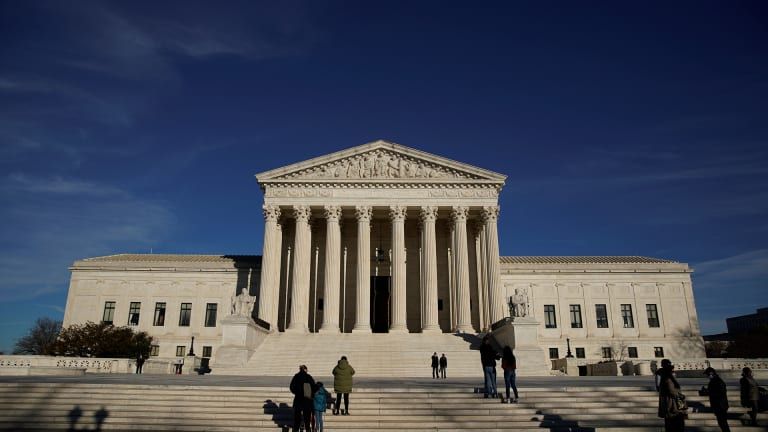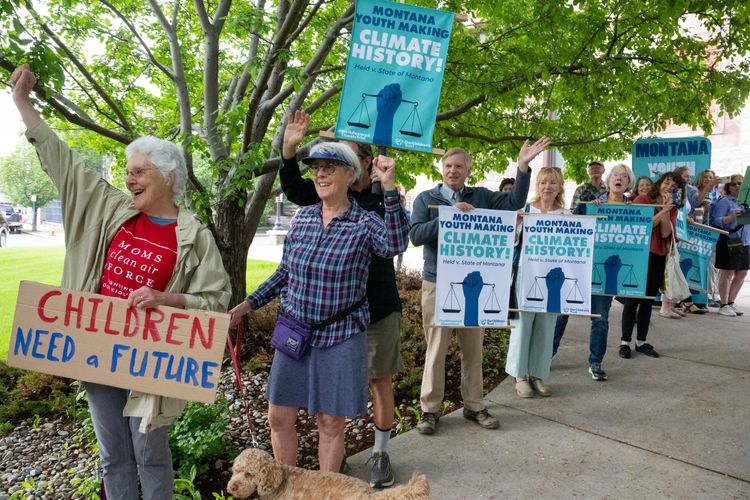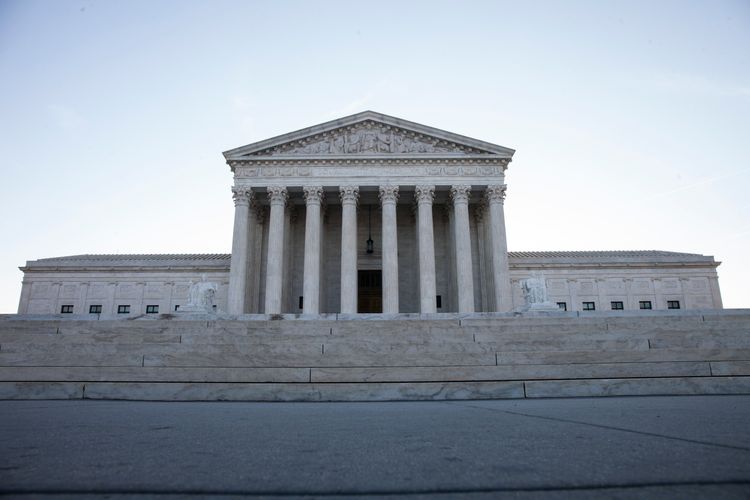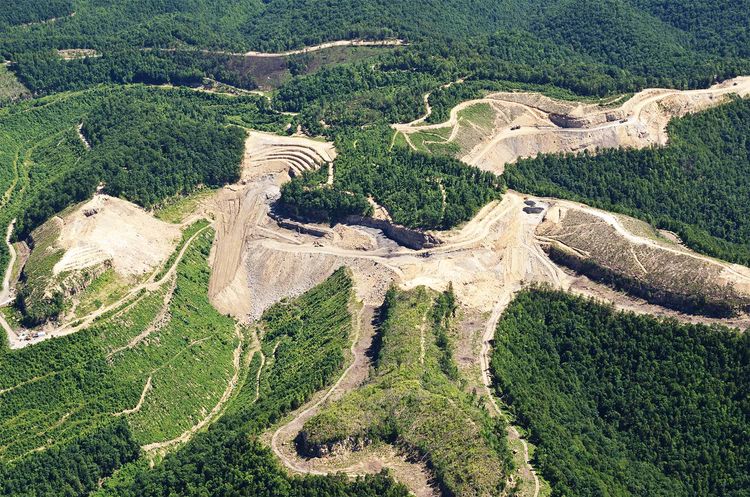Why Climate Litigation Matters

Back in 2010, I was assigned by Inside Climate News (it was called “Solve Climate” back then) to cover a new sort of lawsuit, one that looked at greenhouse gas pollution and the climate changes it causes as a nuisance, something that could be dealt with via available laws and legal precedents. When there’s a nuisance that’s causing damage to the public but is not already regulated in some way, it’s called a tort (French for “wrong”), and it’s the justice system’s job to sort it out. Those early cases—Kivalina v Exxon, AEP v Connecticut, and St. Bernard Parish Government v. United States—were filed in federal court and treated greenhouse gas pollution the same way courts had previously treated other forms of unregulated pollution. Eventually the Supreme Court ruled that the Clean Air Act preempted these claims; in the ruling, the court justices noted that, because the Clean Air Act ostensibly gave the Environmental Protection Agency the ability to deal with pollution, the courts couldn’t get in the way. It left the door open, however, for arguments in state court, or for future arguments in case the Clean Air Act ever changed. At the time, both seemed relatively unlikely. But attorneys kept working on potential arguments, and researchers and journalists kept poking around to see if they could figure out just how intentional the fossil fuel industry’s role in driving climate change had been.
In 2015, journalists at Inside Climate News, The Los Angeles Times, and the Columbia School of Journalism published a Pulitzer Prize-nominated series of stories in which they uncovered various primary documents showing that scientists at Exxon had been researching global warming and the role fossil fuels played in it since the 1970s. Dozens of primary documents that the company had made publicly available in a university archive chronicled just how much executives knew about the problem, their industry’s role in it, and what needed to be done to address it. These documents showed not only what the scientists knew and warned about, but how much economic risk executives saw in these findings and, eventually, what they chose to do with that information: spin and bury it.
At the same time, attorneys like Maxine Burkett and Matt Pawa kept working on the legal theories surrounding climate liability cases and started to converge around a state-court strategy: If they filed these lawsuits in state court, invoking state consumer protection laws, the Clean Air Act preemption problem was moot. Climate science had also evolved by this point to include an entirely new field: attribution science, which quantifies the precise role that increased greenhouse gas emissions play in extreme weather events, from storm surges to heat waves. The combination of those advancements in journalism, law, and science led to the filing of more than two dozen climate liability cases across the U.S.
They also enabled fraud suits around the world. And let’s not forget that the Paris Climate Accord was also signed in 2015, adding another tool to legal arsenals. As governments began to fail, one by one, to act in alignment with their Paris commitments, their citizens took them to court to force the matter. Even though the U.S. backed out of the Paris Climate Accord in 2016, and has never come close to passing the sort of constitutional right to a healthy environment that exists in more than 100 other countries around the world, the public interest law firm Our Children’s Trust began bringing constitutional cases aimed at forcing the U.S. government to act responsibly on climate too. Their first case, Julianna v. United States, they argued that unchecked fossil fuel development threatened children’s right to “life, liberty, and the pursuit of happiness.” Now they are arguing in Montana state court that the state’s refusal to even consider climate change impacts when making permitting decisions violates the state constitution, which guarantees Montanans the right to a healthy environment. Earth Justice will take the second youth climate constitutional case to trial next summer. And finally, in Fall 2022, the first climate racketeering case was filed. Milberg, the same firm that used the United States’ Racketeer Influenced and Corrupt Organizations Act (RICO) laws to prosecute pharmaceutical companies for kicking off the opioid epidemic, filed a similar suit, on behalf of several Puerto Rican municipalities, against not only the oil companies, but also the think tanks, operatives, and lobbyists that helped them to mislead the public on climate change for decades.
In the U.S., the response I often hear when I talk about climate litigation is “who cares when this Supreme Court is ultimately going to knock it back anyway?” And the answer is simple: discovery. Discovery is a term that describes the fact-finding phase of civil litigation. During the discovery phase, lawyers can access primary documents, depose current and former employees and executives, and generally get a whole bunch of information they couldn’t previously access. The oil companies have been fighting like hell to avoid this phase because it will undoubtedly produce ten more “Exxon Knew” series, if not more. It will provide evidence for all the other cases, too, not just in the U.S. but globally, where the industry doesn’t have Supreme Court justices ready to do their bidding. It’s true that it’s entirely possible that any climate case that gets to the U.S. Supreme Court will result in a pro-oil ruling. But not before massively increasing the risk of accountability for these companies along the way. Even the U.S. government might be forced to finally act if the public, armed with mountains of evidence that politicians have colluded with fossil fuel executives to sell their future, demands it.
So yeah, climate litigation is hugely important; I’d go so far as to say it’s critical to the success of any climate solution. Remember last newsletter when we talked about accountability as the first step to solutions? This is one of the key mechanisms for delivering that accountability! Which is why we will continue to bring you regular updates on it, as we have been for years. And why I’m happy to see mainstream outlets finally catching up.
This Week’s Climate Must-Reads
Harvard environmental law professor resigns from ConocoPhillips after months of scrutiny – Dharna Noor reports for The Guardian on the resignation of Harvard environmental law professor Jodi Freeman from ConocoPhillips’ board, a move that seems to have been prompted by pressure over the past year from students.
[Study] Oil from the Amazon? Proposal to drill at river’s mouth worries researchers– For the journal Nature, Meghie Rodrigues summarizes concerns from global scientists over Petrobras’ (so far unpermitted) plan to drill for oil near the mouth of the Amazon River.
There’s A Crisis Unfolding In Florida's Waters. DeSantis Hasn’t Said A Word. Record heat has rapidly bleached coral off Florida’s coast, threatening not only the ecosystem but also much of the state’s tourism economy, but reporter Chris D’Angelo writes in HuffPost that the state’s government has said nothing about it.
The science of forecasting ever more extreme weather – Speaking of attribution science, this excellent FT piece from Henry Mance and David Sheppard brings readers up to date on the state of the science in a comprehensive, nuanced way.
Australia is killing climate protest. Where’s the solidarity? We’ll have more on this in our upcoming series about the global criminalization of climate protest, but Ketan Joshi does an excellent job of summing up how quickly various fossil-fuel-backed politicians in Australia are silencing protest there.





